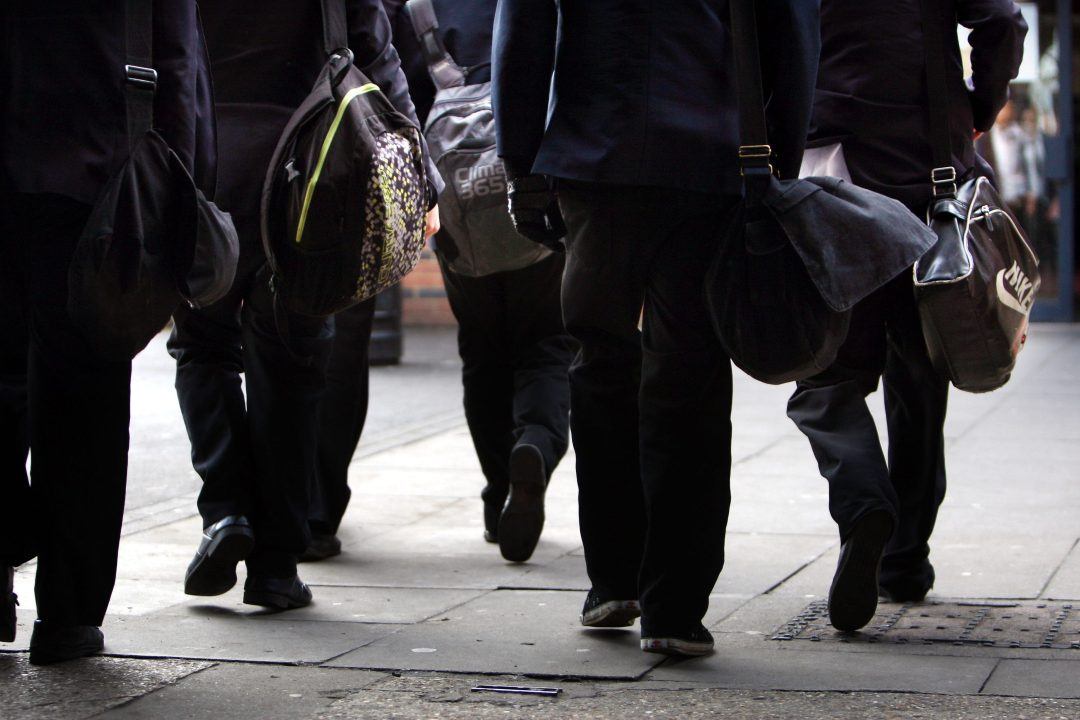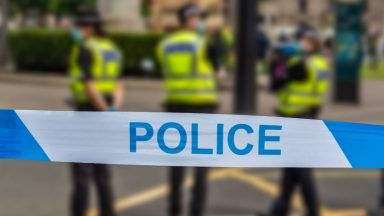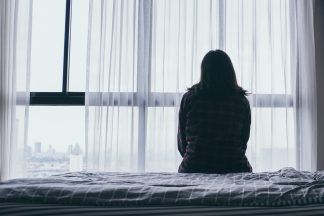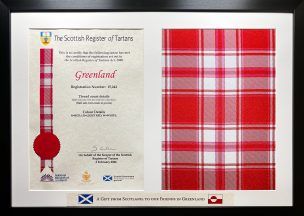Ministers are being urged to issue new national guidance for schools which “lifts the pressure” on head teachers not to use “serious sanctions” against pupils when needed.
The Commission on School Reform made the plea amid growing concerns over disruption and violence in Scotland’s schools.
It raised the issue of both suspensions – where pupils are removed from school for a short period of time – and exclusions, which can see youngsters permanently barred from a school.
And the report was clear that “schools should not be made to feel that the use of exclusion is contrary to national policy and likely to incur official disapproval”.
It called on the government to issue guidance which “recognises the need for sanctions in maintaining a good learning environment in schools” and which also “lifts the pressure on head teachers not to use more serious sanctions such as suspension”.
The commission, which was set up by think tank Enlighten and includes a number of education experts, insisted it is “essential that national guidance should recognise the need for schools to be able to withdraw the right to attend from pupils guilty of persistent or extreme behavioural problems”.
Its latest report highlighted how a “deterioration in standards of behaviour” in schools that “has been evident for a considerable time” has been “accelerated by Covid”.
Adding that the new guidance should “make clear the importance of creating order in schools”, the report argued that staff need to “develop a positive school ethos while recognising the necessity for sanctions to be employed when necessary”.
While it said sanctions would “vary from school to school”, the commission insisted there should be guidance setting out “the need for schools to be able to take actions necessary to protect the right to education”.
The Scottish Government issued guidance on behaviour in schools as recently as June 2025, with education secretary Jenny Gilruth saying at the time it “takes account of the concerns about behaviour I have heard from teachers, support staff and teaching unions”.
But former head teacher and commission member Carole Ford said: “Current government guidance tends to imply that bad behaviour on the part of pupils is the fault of the teacher or of some shortcoming in the organisation of the school.”
She said this was “both counter-productive and inaccurate”.
She argued there has “clearly been a loss of respect for education in some families”, adding that “support for teachers is not as strong as in the past” and that there is a “greater tendency for parents to side with their children against the authority of the school”.
Ms Ford said lockdowns during the Covid pandemic had “accelerated these trends”, adding that “the lack of any national post-Covid educational catch-up programme in Scotland seems to have confirmed some parents in the view that society no longer deems education to be as important as in the past”.
The former head teacher added: “All this is having a negative impact on behaviour.”
She continued: “New national guidance should recognise the need for schools to be able to withdraw the right to attend from pupils guilty of persistent or extreme behavioural problems.
“In some cases this would be ‘suspension’ for a short period, in others ‘exclusion’ – the permanent withdrawal of the right to attend at least the specific school in question.”
Enlighten director Chris Deerin said the “declining” academic performance in schools was linked to “falling standards, poor attendance and poor behaviour”
He stated: “The Scottish Government should feel compelled to listen to this body of experts in order to, as they have written, restore order in schools.”
A Scottish Government spokesperson said: “There is no place for violence or abuse in Scotland’s schools. We want all schools to be safe places for children and young people to learn, and for teachers and staff to work.
“The Scottish Government is providing support and direction at a national level, including the recent publication on fostering positive, inclusive and safe school environments.
“This guidance makes clear that schools have a range of consequences available to them, including exclusion as a last resort, where this approach is proportionate and there is no appropriate alternative.
“Local authorities are expected to consider how best to implement our national guidance to meet particular needs at a local level.”
Follow STV News on WhatsApp
Scan the QR code on your mobile device for all the latest news from around the country


 PA Media
PA Media

























